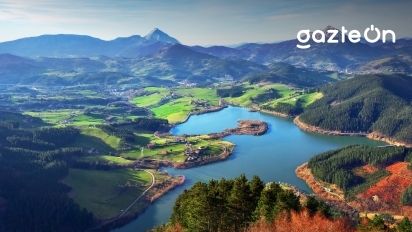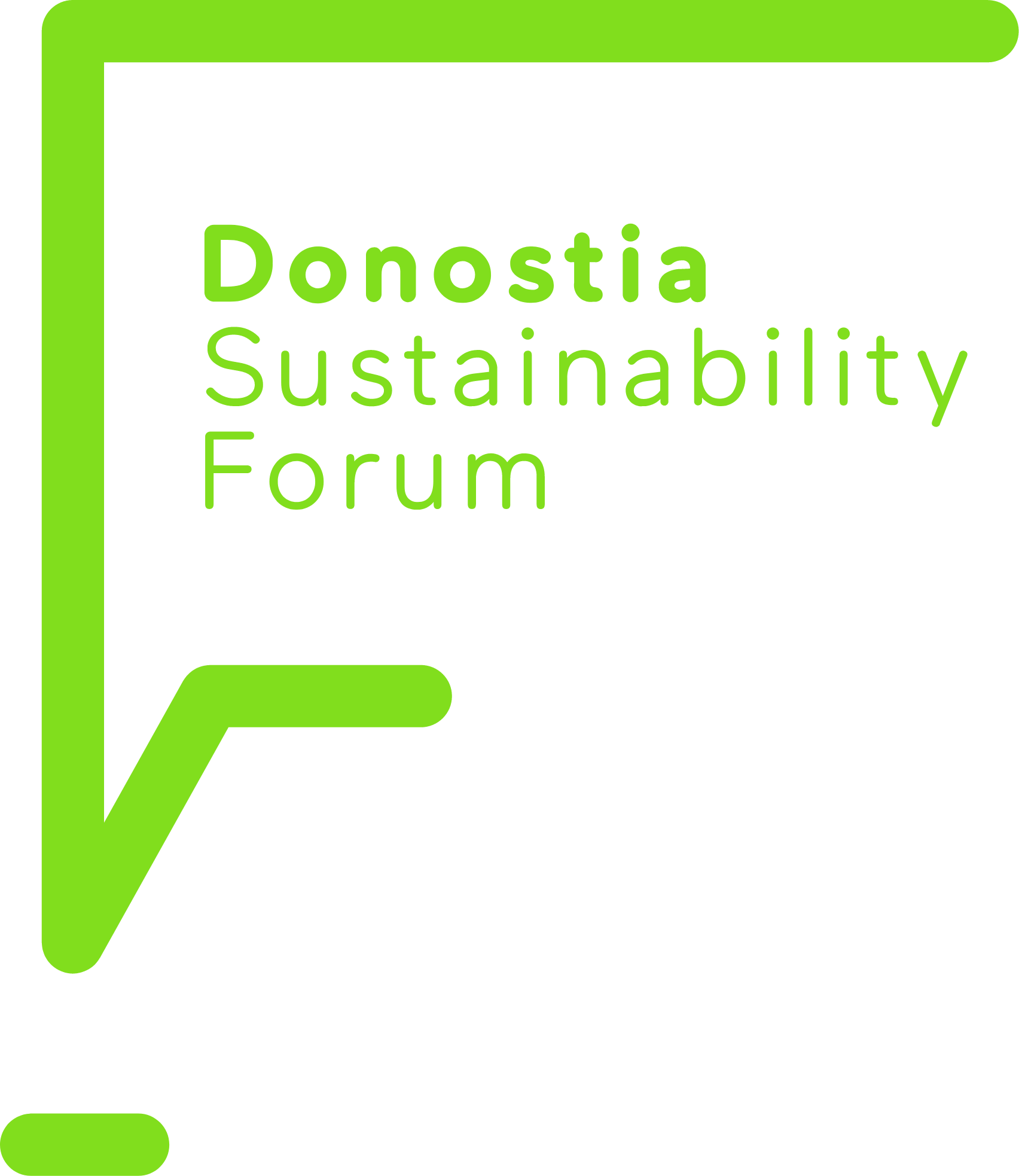The ecological value of wetlands: life and progress
World Wetlands Day has been held every 2nd February since 1971 to commemorate the Convention on Wetlands, known as the Ramsar Convention after the Iranian town that hosted it, and raise awareness of the importance of all wetlands to the life of the planet.

In this respect, the Convention on Wetlands recognises the interdependence of people and wetlands in view of their important economic, scientific, cultural and recreational value. In the light of this, recognition of the multiple values of wetlands is vital to their rational use and also to ensure that their role is properly taken into account in global political processes such as the 2030 Agenda for Sustainable Development, the 2015 Paris Agreement on Climate Change and the Sendai Framework for Disaster Risk Reduction. The slogan chosen for this year is this: "Wetlands Action for People and Nature".
Focusing our view on what is local and nearby, it should be highlighted that the Basque Country has a total of 508 wetland zones, six of them protected under the Ramsar Convention: Urdaibai; the lagoons of Laguardia and Txingudi; the tials of the Ullibarri-Ganboa reservoir; the Añana salt pans; Arreo-Caicedo Yuso lake and Salburua.
With regard to the value of wetlands and the benefits they offer us, we would point out that they perform an essential function in water regulation processes, working as containment barriers when water levels rise, helping the underground refilling of aquifers and acting to mitigate climate change. Added to this is the role they play as carbon sinks. In this respect, attention should be drawn to the idea that their destruction would release greenhouse gases, while on the other hand their restoration and creation would fix more carbon. Mention should also be made of what they contribute to ecosystem properties, the tangible benefits we extract from them (fishing, food and water) and the intangible ones, i.e. those closely related with the individual's subjective or psychological quality of life.
Another aspect to take into account is how they adapt to climate change, as changes in the water cycle are expected to affect wetlands. They will therefore be put to the test in terms of their capacity to cope with either increased or decreased precipitation and changes in the replacement and draining of underground water.
With a view to the present and future of wetlands, it would be highly advisable to commit to maintaining healthy wetlands, to avoiding their destruction and to restoring those that are in a critical state and rehabilitate them. Ultimately, wetland conservation is essential to meet the Sustainable Development Goals (SDGs).



